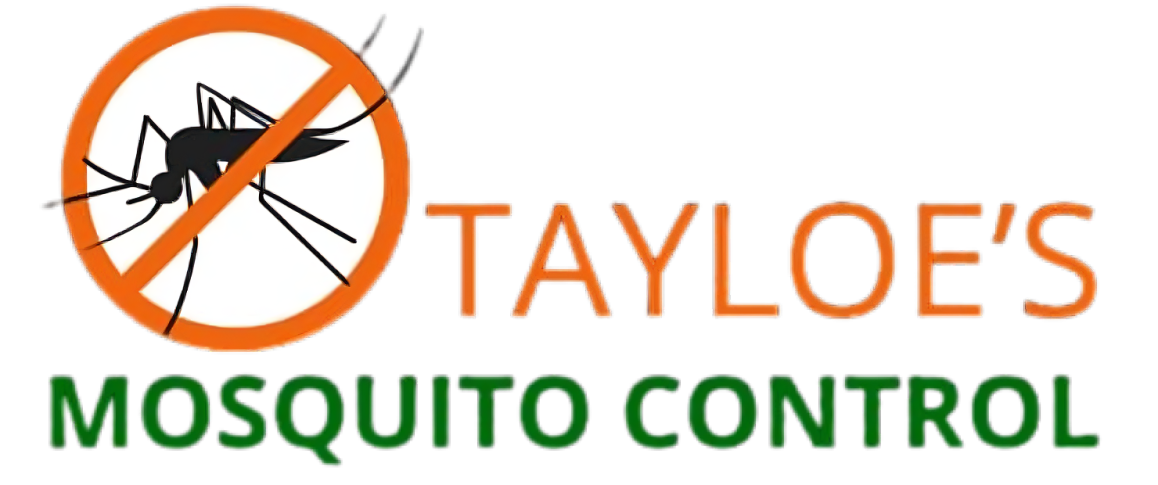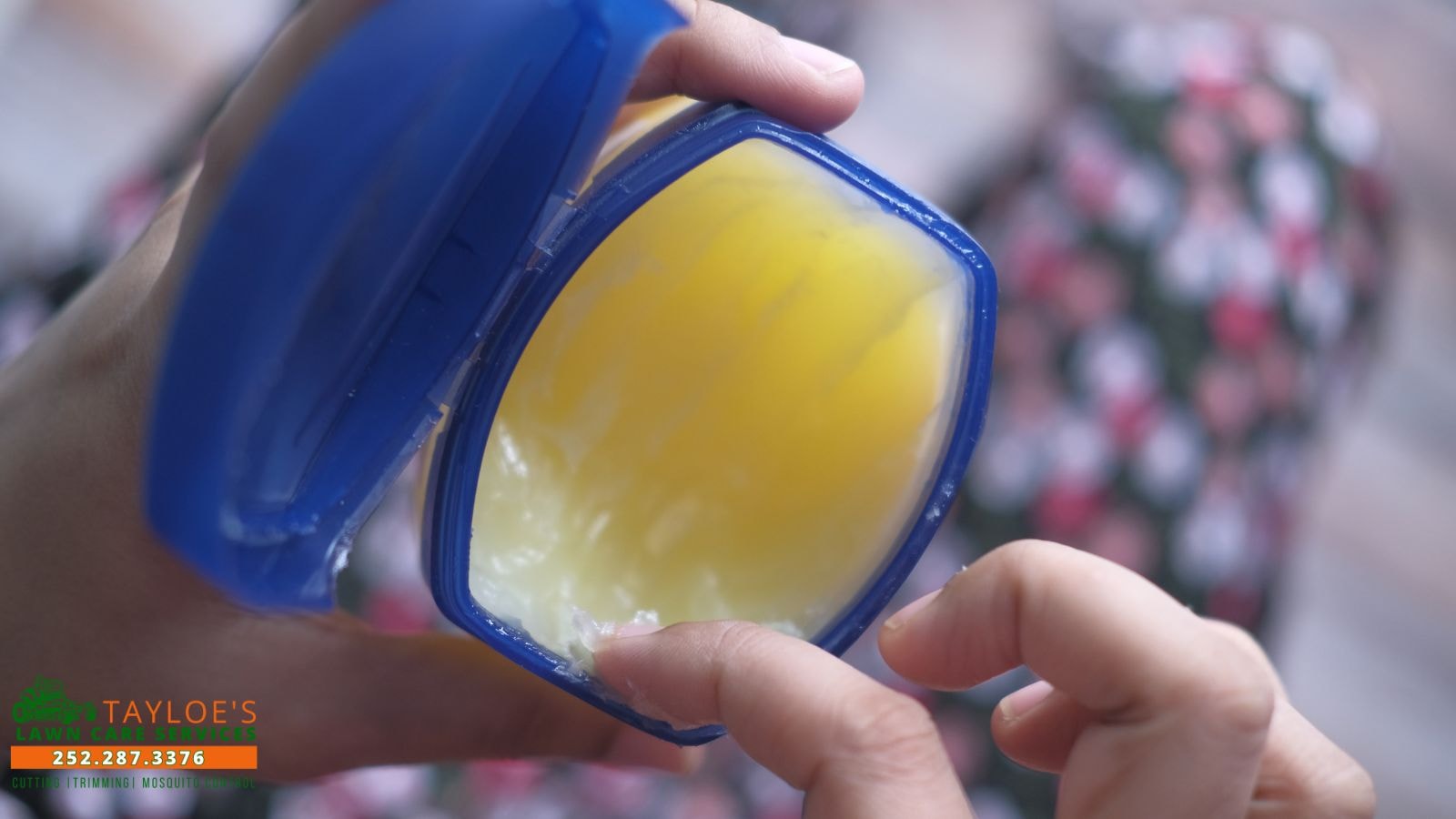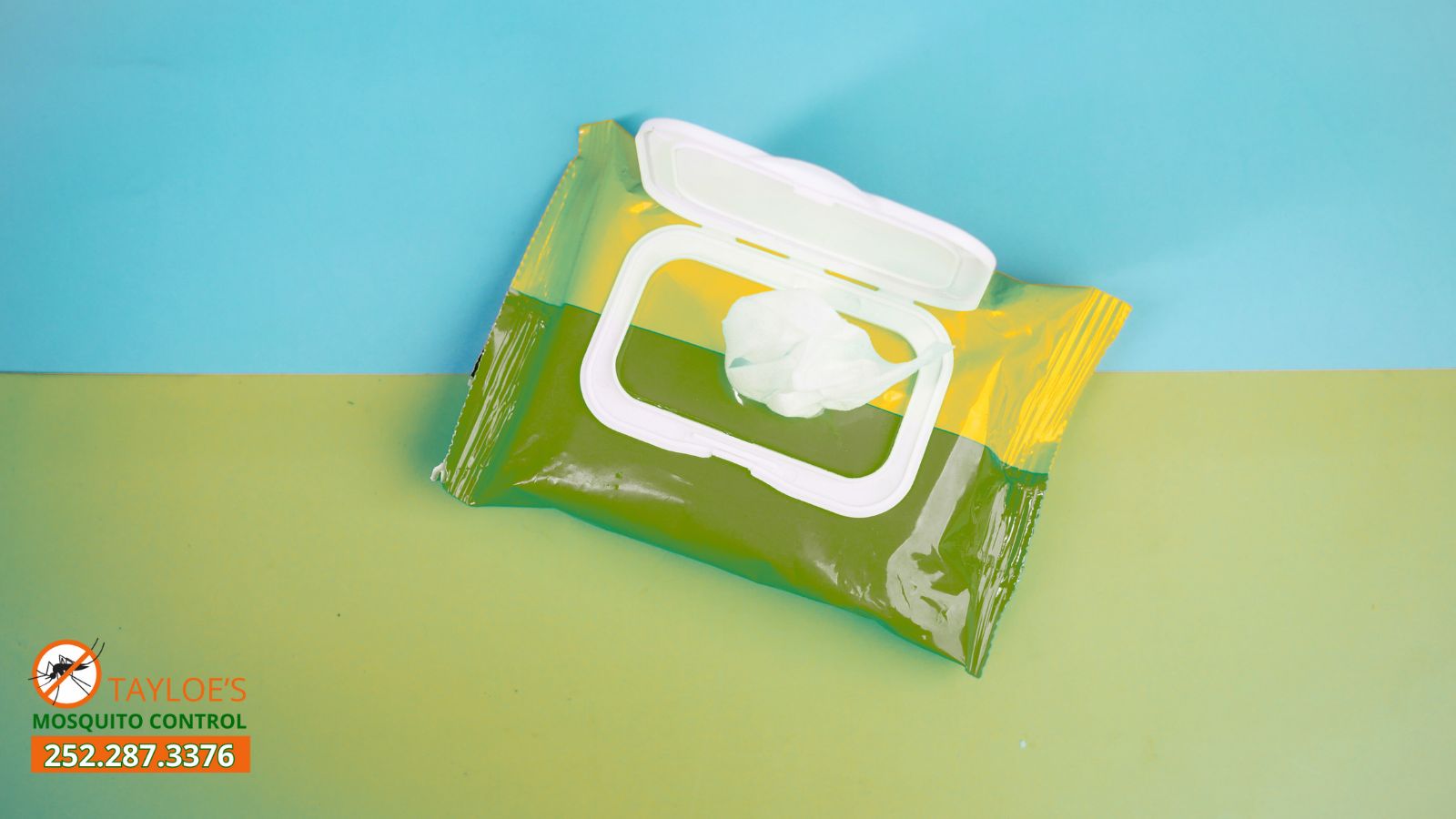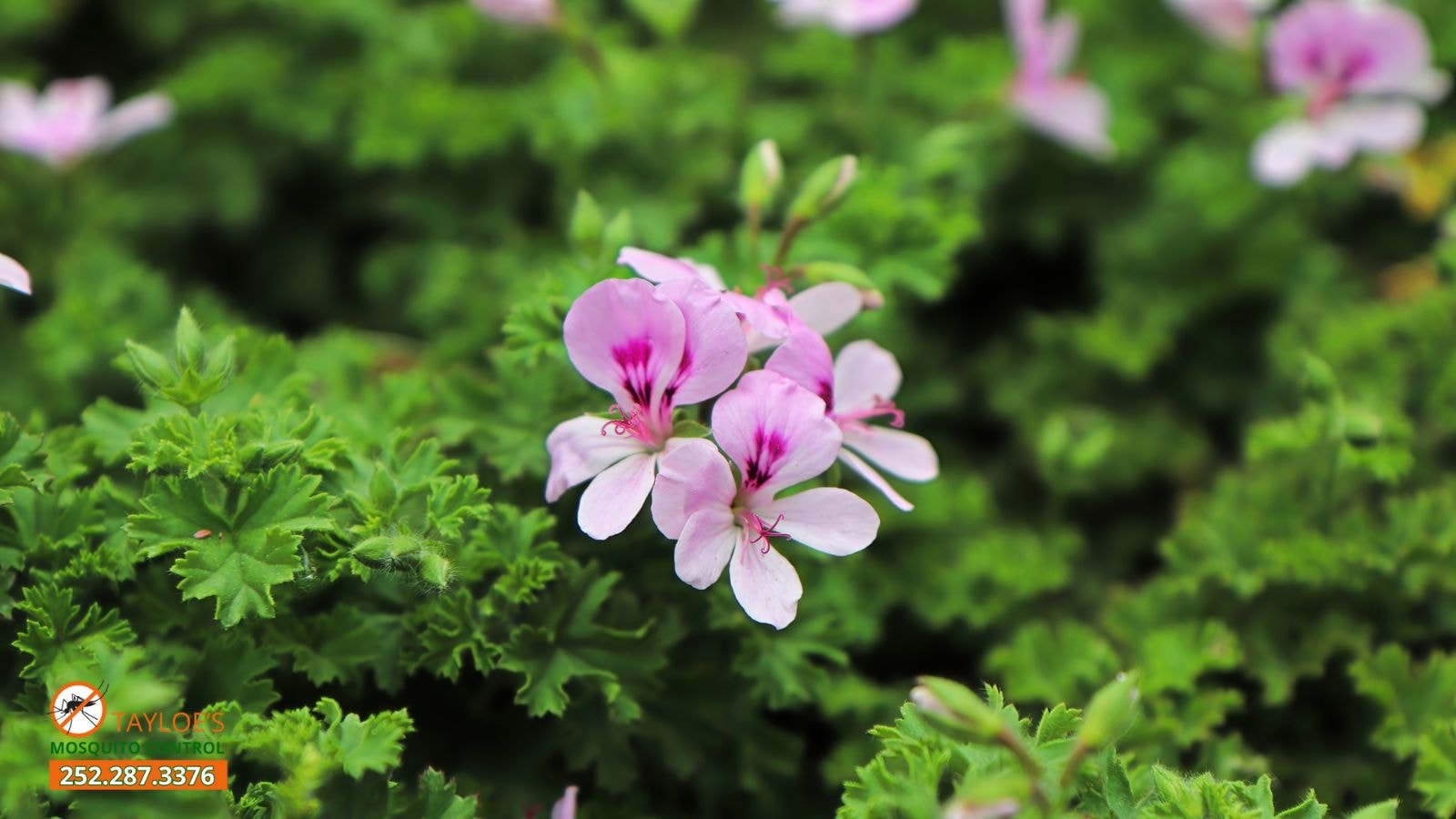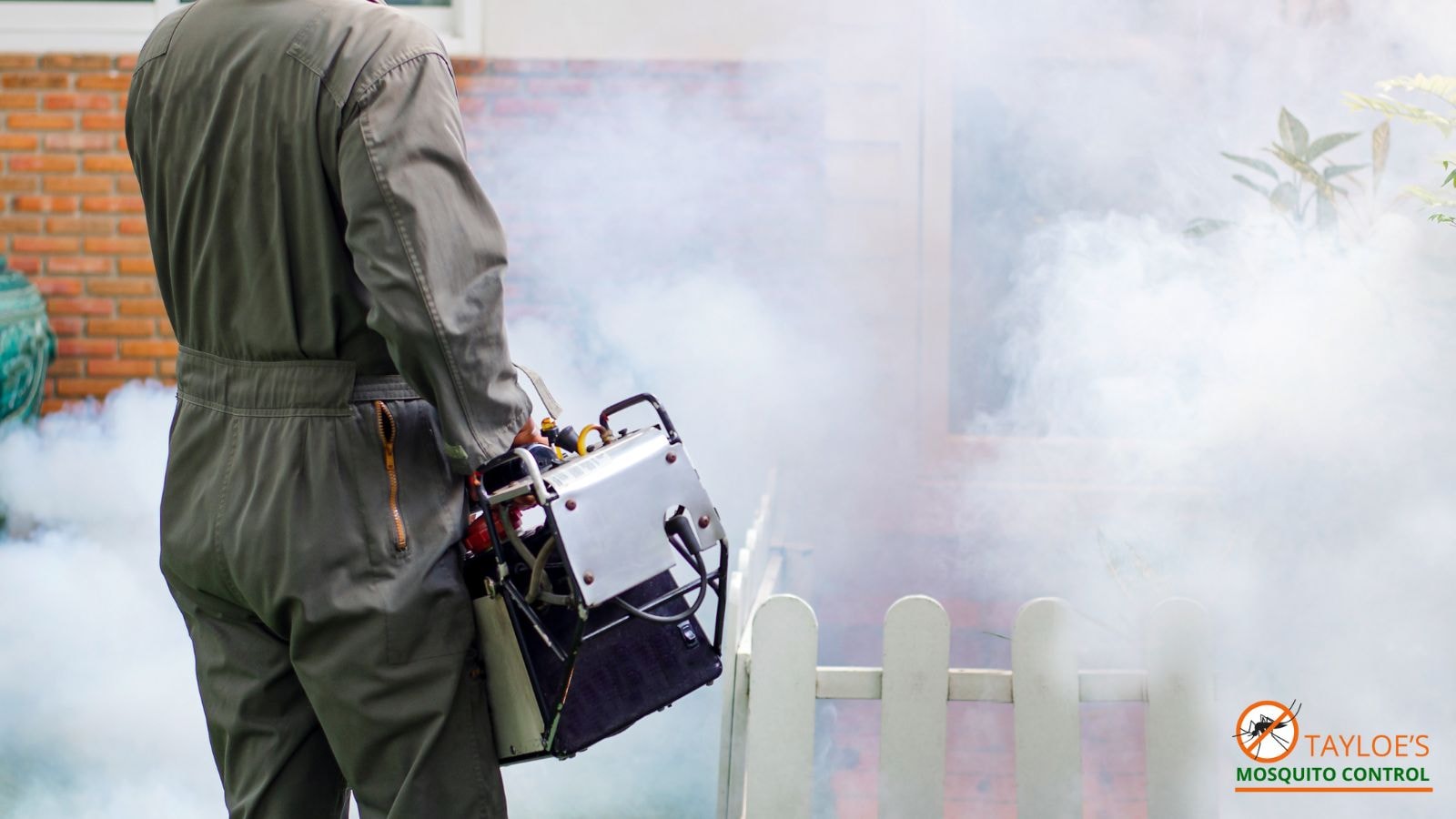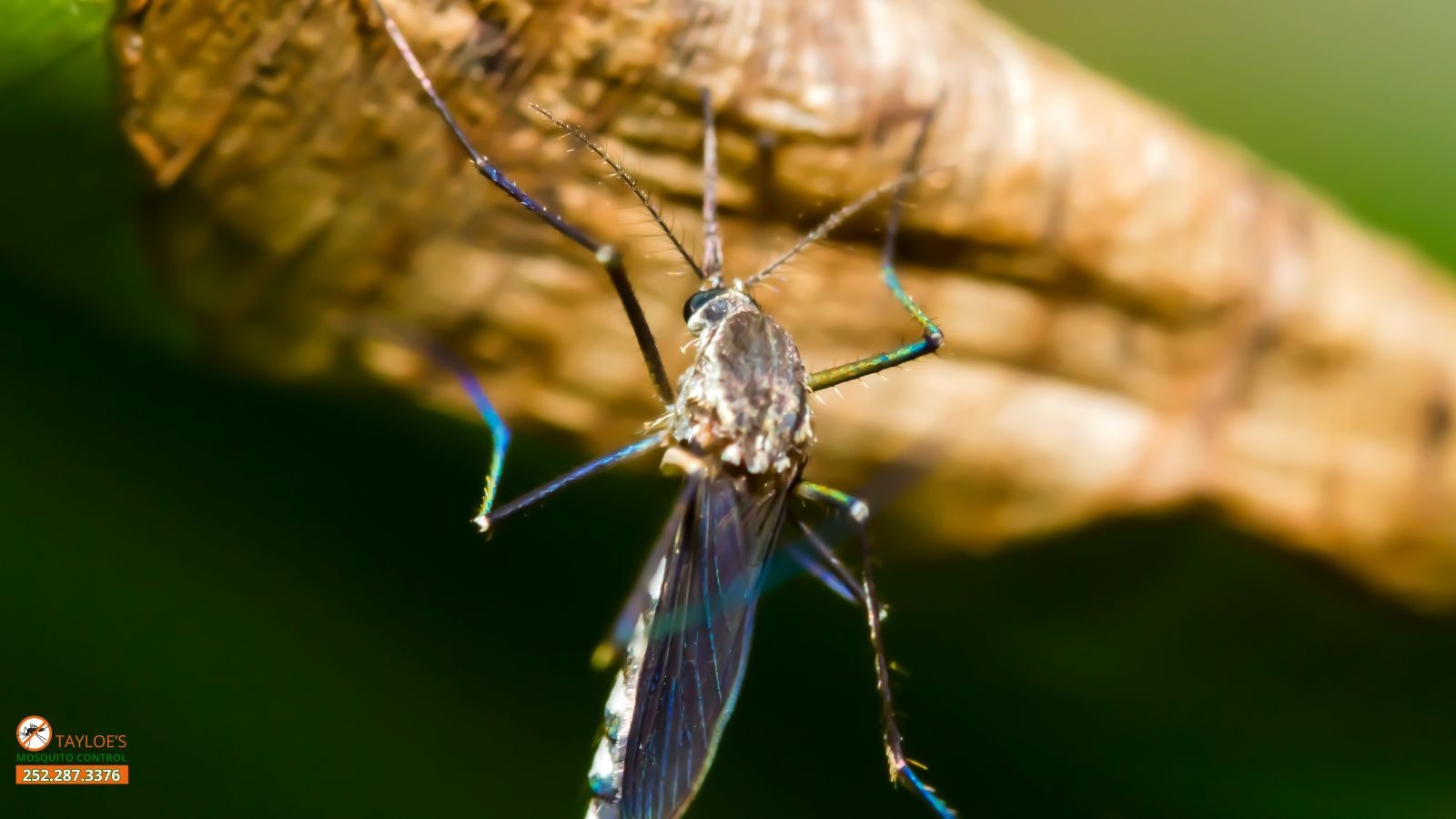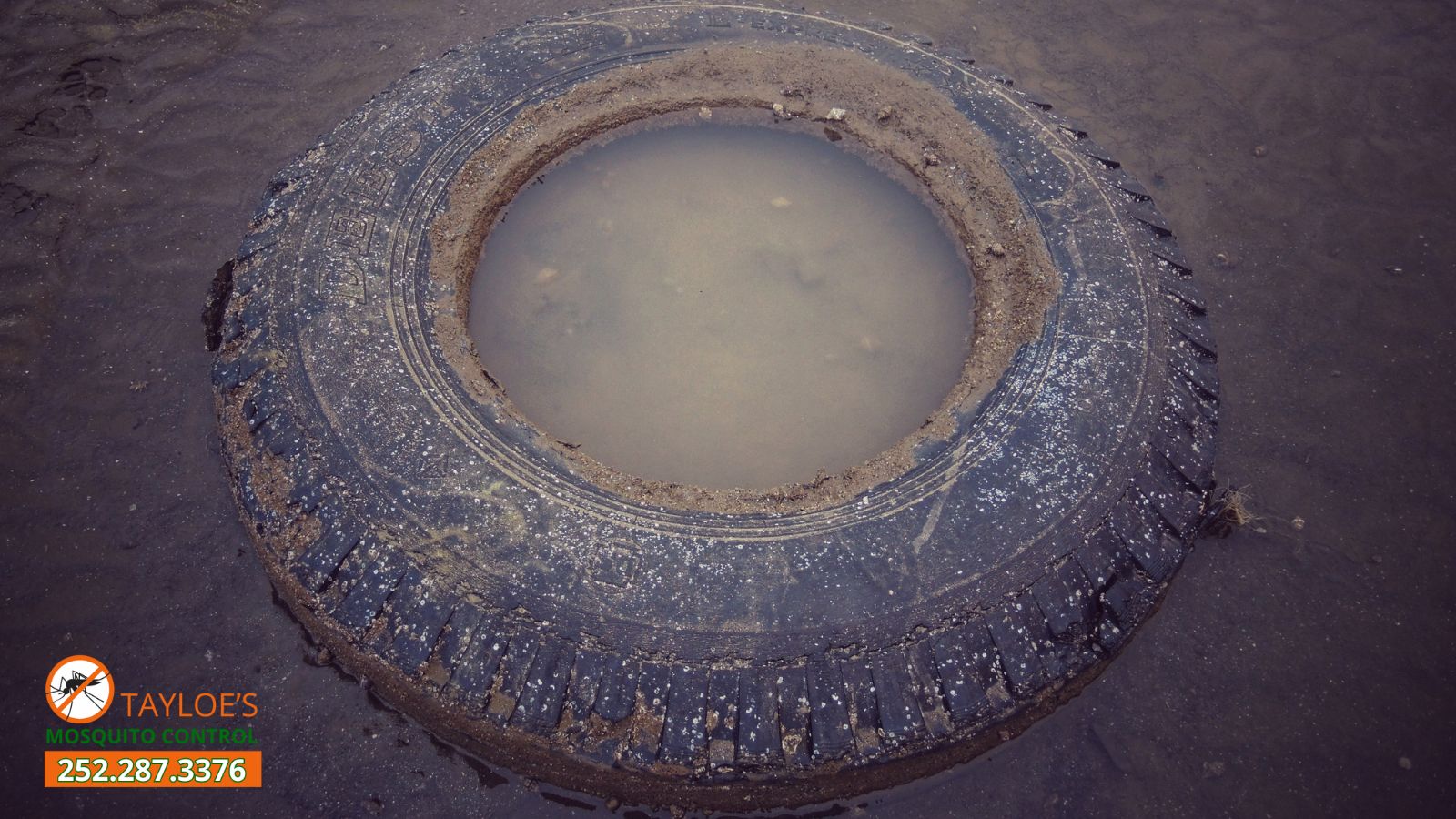Here’s why petroleum jelly doesn’t repel bugs effectively—plus proven tips to stay bite-free.
If you’ve ever searched for DIY bug repellents, you might have come across the idea that Vaseline (petroleum jelly) can keep bugs away. The theory is that its thick, greasy texture makes it harder for insects to land. But does Vaseline keep bugs away, actually?
Of course, NO. Vaseline isn’t an effective bug repellent. While it may form a temporary barrier, a coat of Vaseline doesn’t contain any ingredients that actively deter pests. If you’ve ever tried using it, you’ve probably still ended up with bites—maybe even more than usual. That’s because Vaseline doesn’t stop bugs from finding you, and in some cases, it can even make biting easier for them.
So, what actually works? If you want real protection against mosquitoes, ants, bed bugs, and other pests, you’ll need something more reliable. Let’s look.
Why Vaseline Doesn’t Keep Bugs Away
At first glance, using petroleum jelly as a bug deterrent might seem logical. It’s thick, sticky, and could make it harder for insects to crawl or land. But in reality, it’s a flawed solution.
Mosquitoes and ants don’t rely on touch alone to find you—they track body heat and the carbon dioxide from your breath. Vaseline does nothing to block these signals, so bugs will still come your way. Worse, if a mosquito lands on skin coated in Vaseline, it might just get stuck long enough to feed on your blood at its leisure.
Some believe Vaseline can stop bed bugs by acting as a trap on bed frames. While it’s true that bed bugs can get stuck, remember that this method doesn’t solve the real problem. Bed bugs often hide inside your mattress—not just on the frame. And since they can crawl across ceilings, they don’t even need to climb the legs of your bed; they can simply fall on you (or onto your bed) from above as you sleep.
Unlike real insect repellents, Vaseline lacks active ingredients that interfere with a bug’s ability to search for, find, or bite you.
Does Vaseline Keep Bugs Away? No. Try These Tips Instead.
1. DEET-Based Repellents: The Gold Standard
DEET is one of the most trusted solutions for keeping bugs away. Its application on skin or clothing forms a protective barrier around your body, confusing bugs and making it harder for them to locate you.
2. Picaridin: A Lighter, Less Greasy Alternative
Picaridin works similarly to DEET but without the strong scent or greasy feel, offering a more comfortable option for daily use.
3. Essential Oils: A Natural, Short-Term Fix
For a plant-based option, certain essential oils—citronella, eucalyptus, and lavender—can help repel biting bugs. While they don’t last as long as chemical-based repellents, they offer a pleasant-smelling alternative. Mixing them with a carrier oil (i.e., coconut oil) or in a spray can boost their effectiveness.
4. Diatomaceous Earth: A Safe Killer for Ants and Roaches
Diatomaceous earth is a powerful natural solution for ants and roaches, dehydrating them on contact. It’s a reliable option for controlling unwanted bugs in your home and garden.
An interesting idea is that salt may also dry out certain critters in a similar way. While salt alone won’t rid an infestation, sprinkling it along entry points—especially when used with diatomaceous powder—may help deter crawling bugs.
5. Wearable Repellents: Hands-Free Protection
If you prefer not to apply anything directly to your skin, wearable repellents—like mosquito-repellent wristbands and clip-on devices—offer an easy way to keep bugs away. These devices emit a small amount of repellent, creating a protective layer around you.
6. Bed Bugs in Your Room or House? Skip DIY Hacks—Call a Pro
Don’t vacate that house or throw away your couch, bed, or other furniture just yet. DIY bed bug treatments—like laying traps, spraying or putting rubbing alcohol (in lids) around the carpet edges, or tossing out infested stuff—often fail or provide only short-term relief. Bed bugs are experts at sensing danger and quickly taking cover in tiny cracks, furniture, mattress seams, and even behind walls, making them incredibly difficult to kill without professional help.
The only reliable solution is to call a licensed pest control expert who can apply EPA-approved insecticides designed specifically for bed bugs.
While waiting for professional treatment, consider these wise tips to slow their spread:
- Use bed bug-proof mattress encasements
- Wash and dry bedding on high heat
- Vacuum frequently, especially around seams, cracks, and crevices
More Tips to Prevent Bug Bites
Beyond repellents, here are a few additional steps to help protect yourself from bug bites:
- Avoid Peak Bug Times: Mosquitoes are most active at dawn and dusk, so try to steer clear of outdoor activities during these hours. If you can, schedule your garden work or evening walks in the middle of the day, when bugs are less likely to be around looking for something to “eat”.
- Cover Up: When you head outdoors, especially on a hot day, protect yourself by putting on light-colored, long-sleeve clothing. Bugs are less attracted to light colors, and dressing this way helps shield your skin from bites. Opt for breathable, lightweight fabrics that keep you cool and comfortable, so you can enjoy the weather without worrying about pests crawling on you.
- Use Citronella Candles or Bug Zappers: For outdoor spaces, putting citronella candles around seating areas and using bug zappers can help repel flying pests. Citronella works by masking the scents that attract blood-suckers, while bug zappers lure and kill them. Both are great tools for keeping your outdoor activities bug-free.
- Keep Your Space Clean: Bugs love to eat and then retreat to warm, cluttered spaces. To keep them out, wash dishes regularly, wipe down surfaces, and toss any exposed food. A tidy, crumb-free home makes it less inviting for unwanted guests.
- And Finally, Clear Yard Debris: If you’re dealing with bugs in your garden or yard, be sure to clean up any debris. Standing water and decaying plant matter are perfect breeding grounds for flying pests. Trim back any overgrown plants, and avoid leaving food outside, as it can attract ants and flies.

A Vaseline “Trap” May Make it Harder for Bugs to Land, But it Won’t Keep Them Away or Get Rid of Them.
For real protection against pesky bugs, rely on proven repellents that effectively keep them at bay.
Keeping your surroundings clean also plays a big role in pest control. Take out the trash regularly, wipe down surfaces, and store leftovers properly to avoid attracting bugs. When outdoors, be mindful of crumbs and spills, which can lure ants, flies, and other unwanted pests.
With the right precautions, you can enjoy your time—without the constant trouble of bug bites.
Need help protecting your property from mosquitoes? Call Tayloe’s Lawn Care Services at 252.287.3376 to book your mosquito control appointment.
